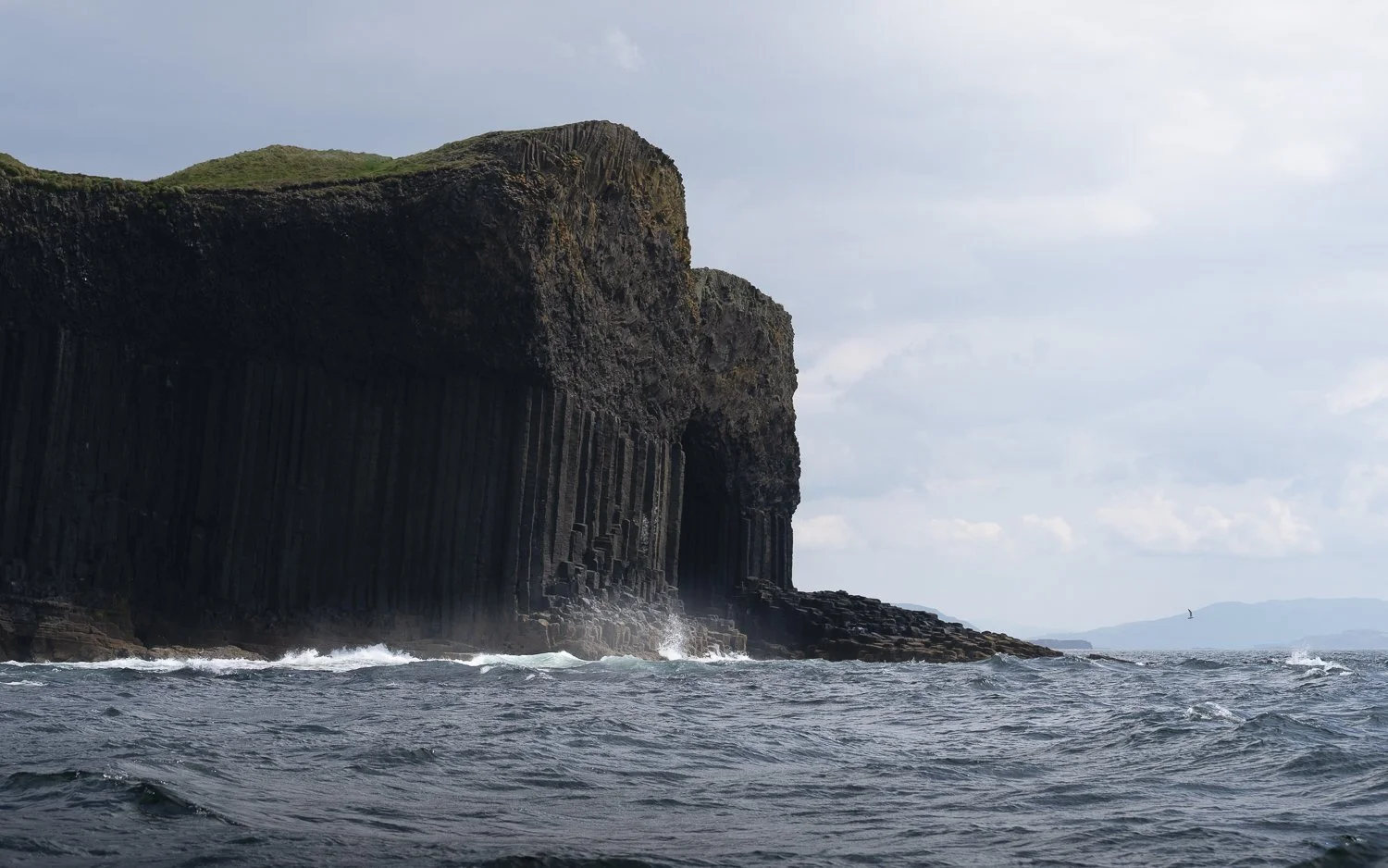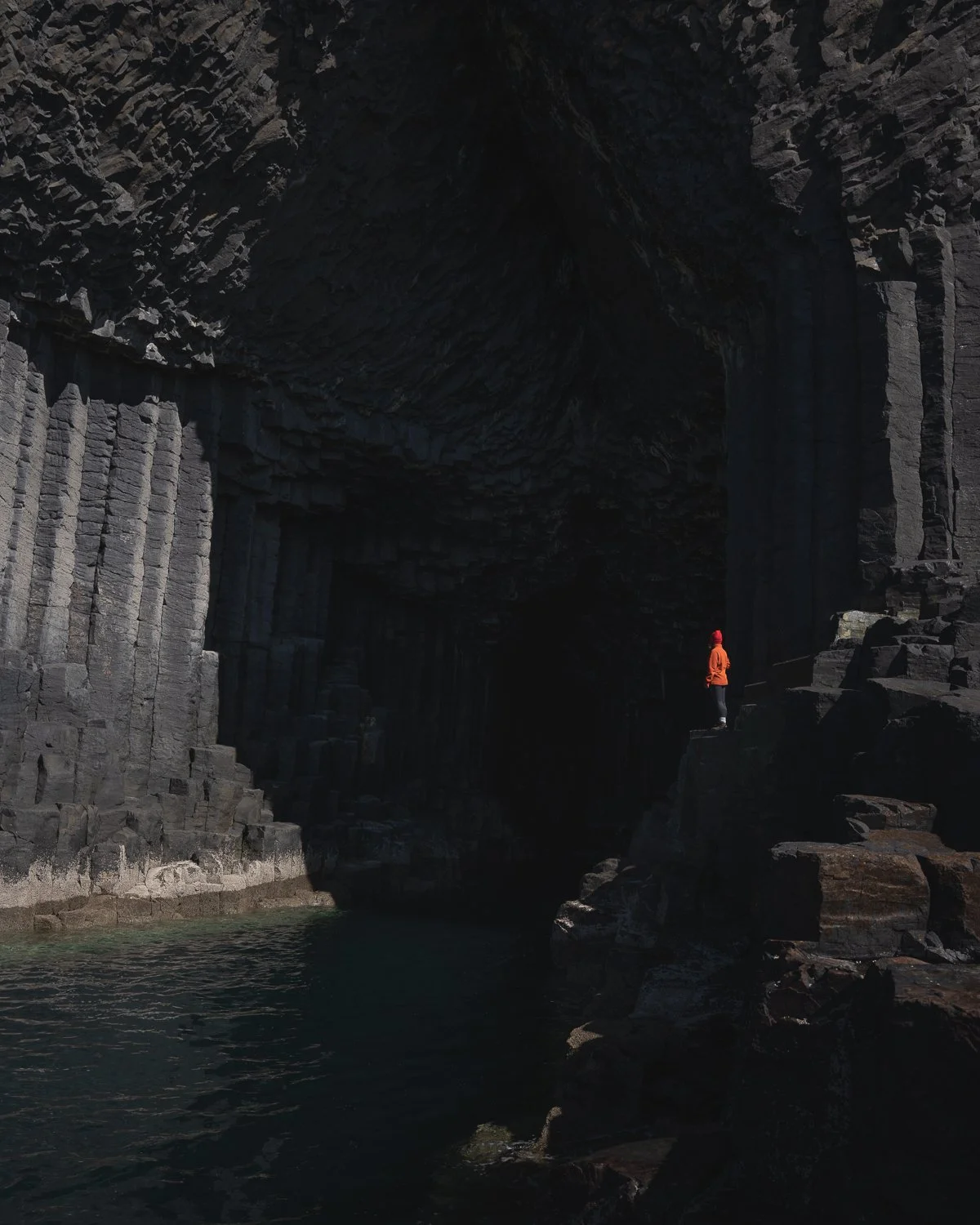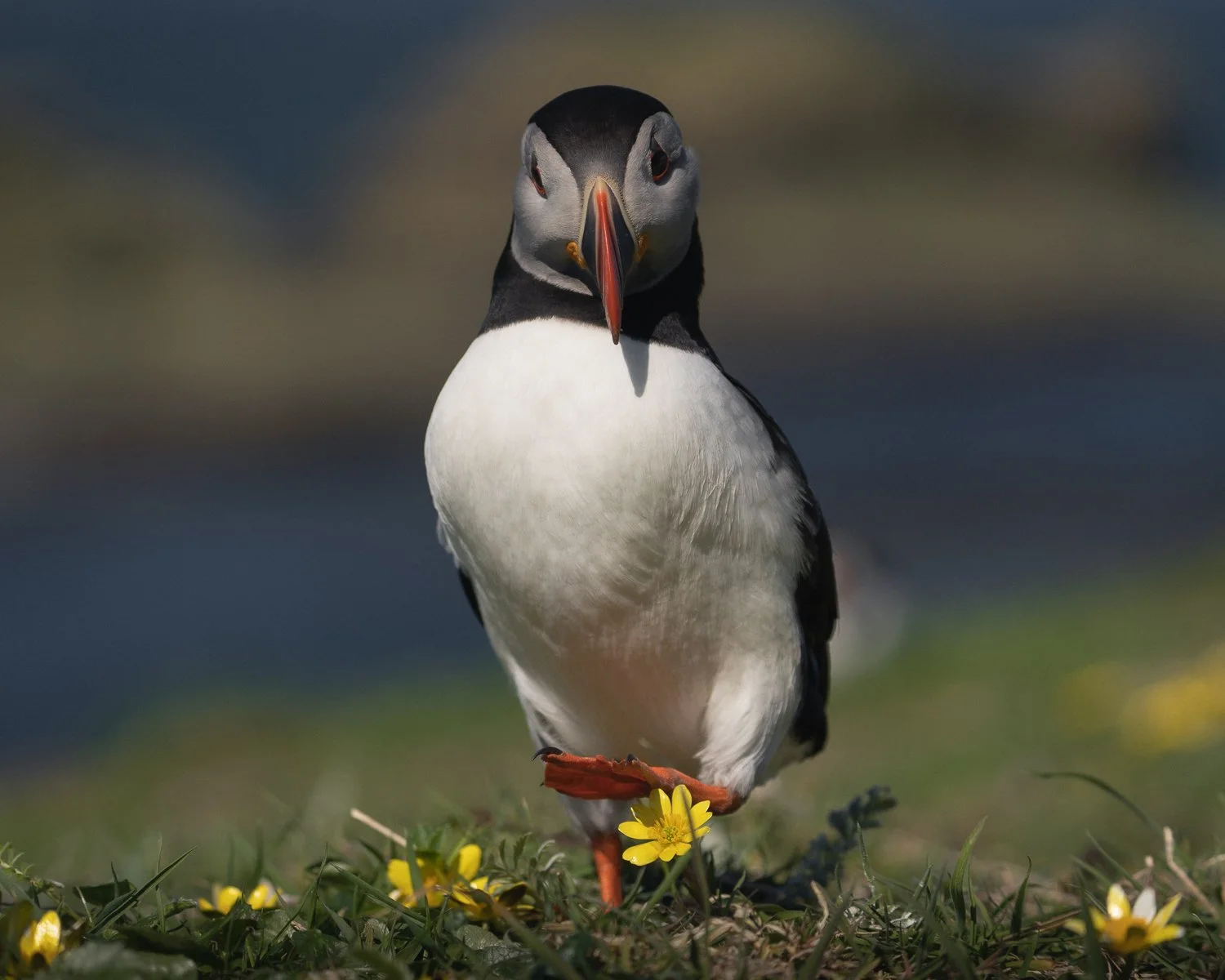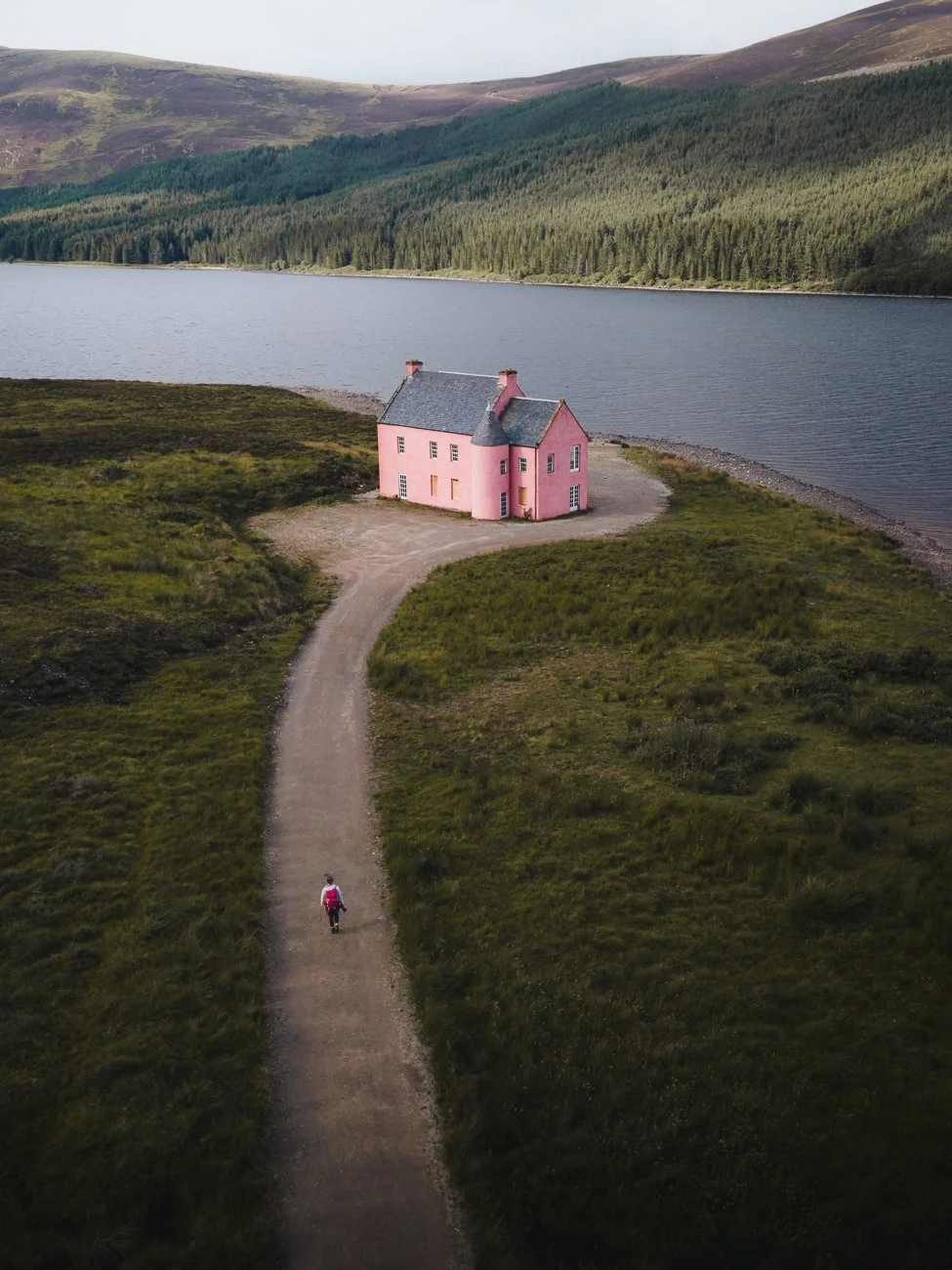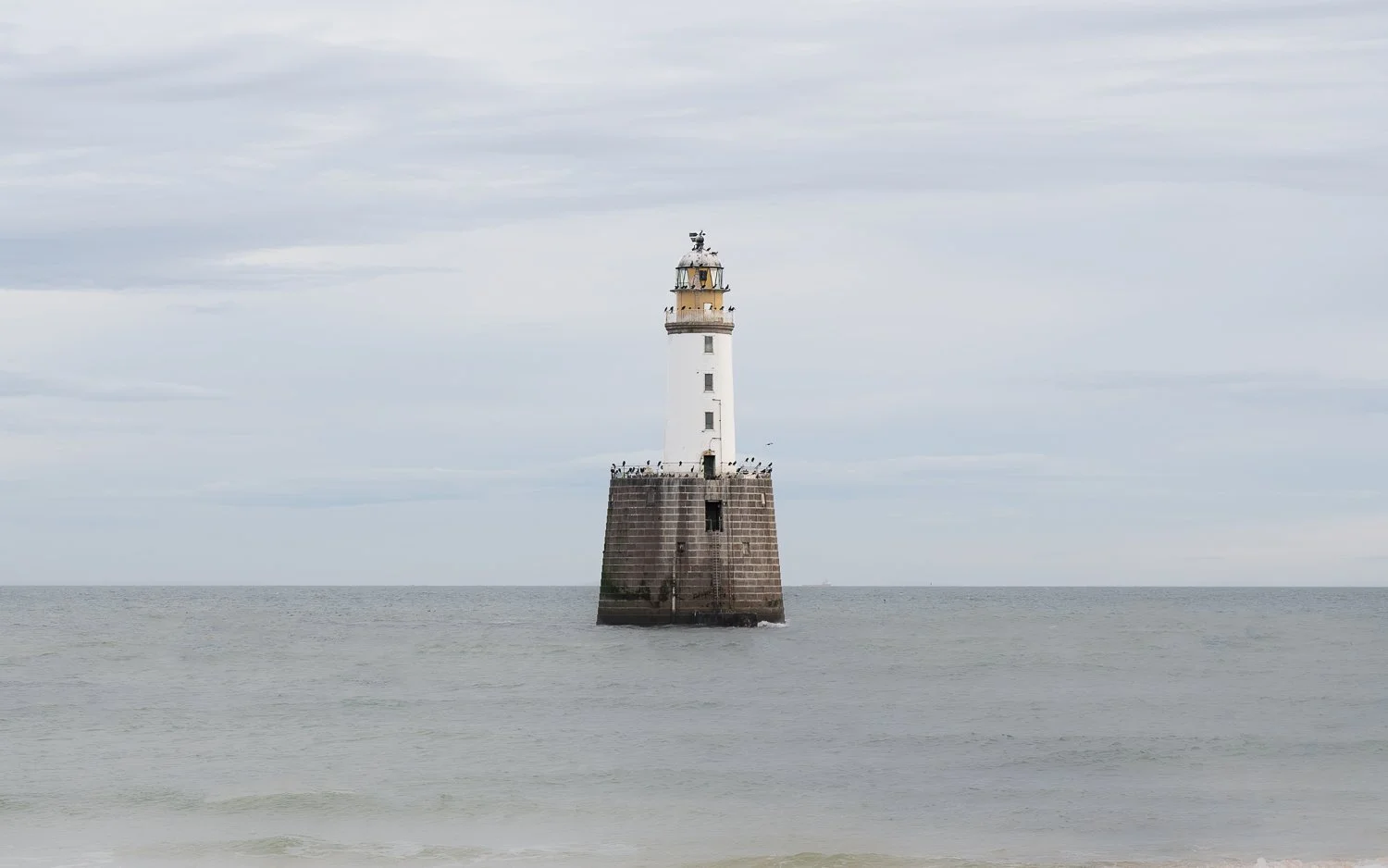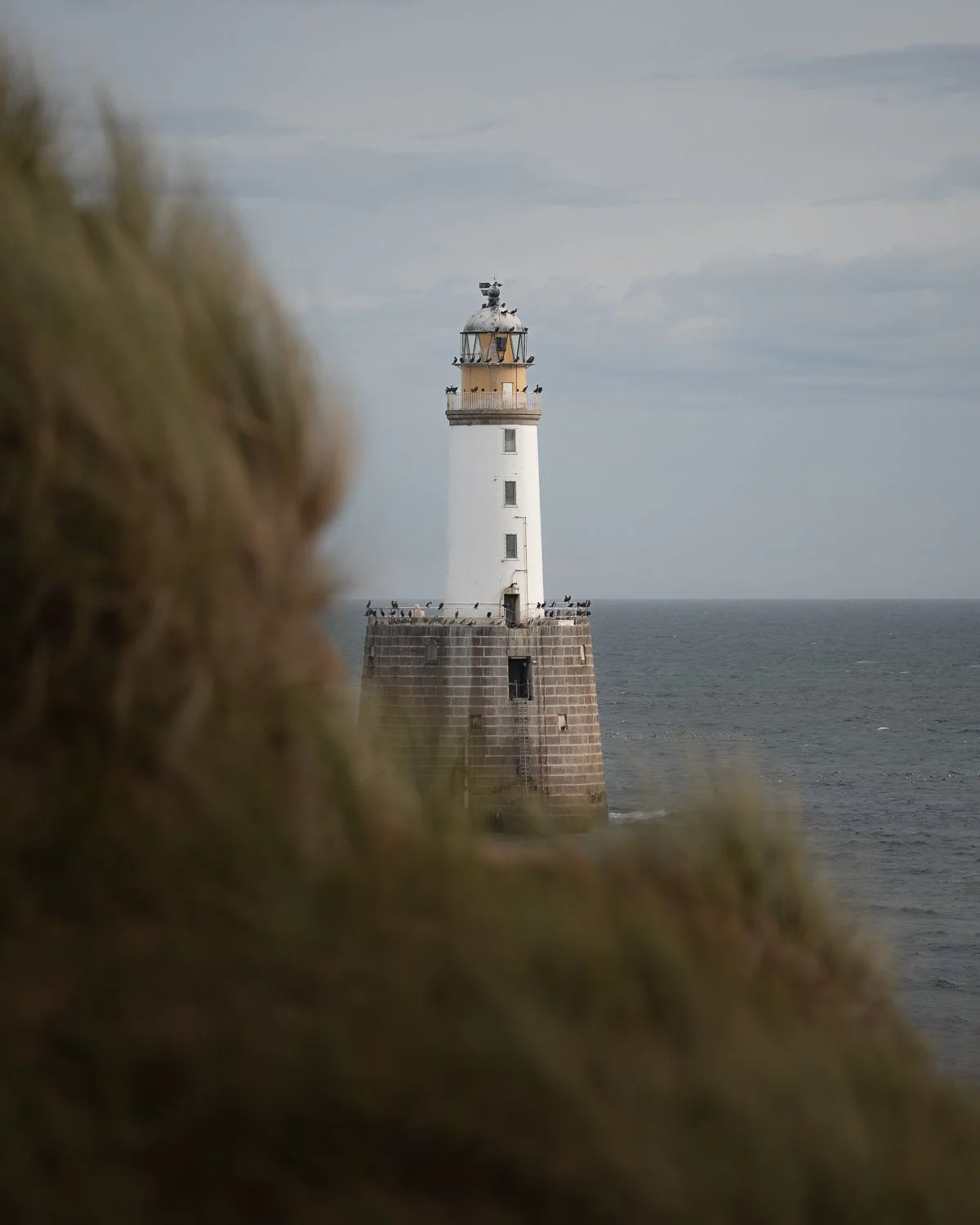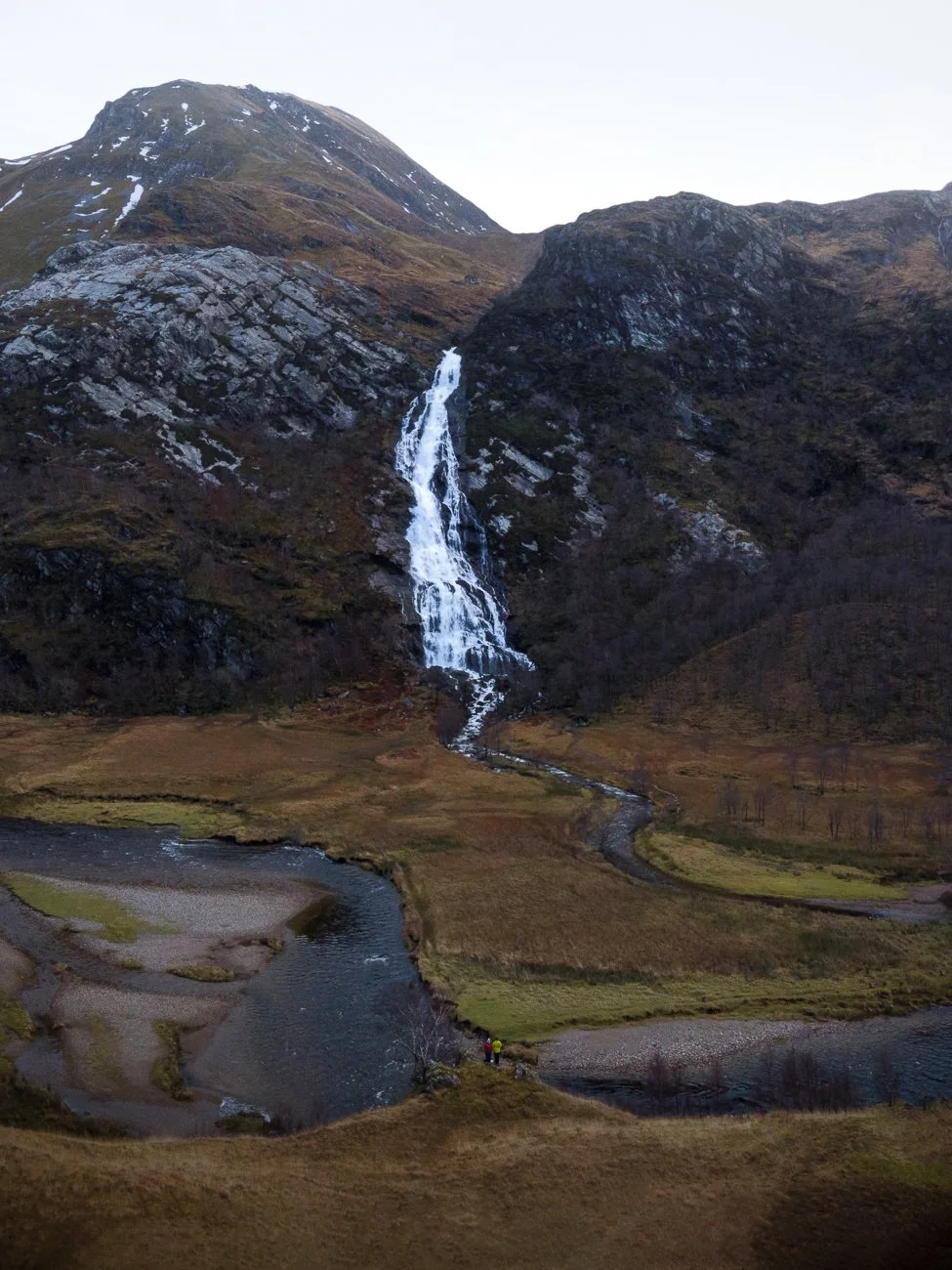5 places to visit in Scotland
Scotland’s beauty lies in its rugged landscapes and dramatic scenery. There are many reasons why you should visit Scotland and it is impossible to pick only few spots. Here are 5 places we think you should see.
Panoramic view of Trotternish ridge from Quiraing walk.
Quiriang, Isle of Skye
This spectacular natural wonder can be found in Trotternish area in the north of Isle of Skye. It was formed by one of Britain's largest landslips. With its jagged peaks, towering cliffs and incredible views it is a popular destination with outdoor enthusiasts.
Looking towards the Needle and the Prison.
The car park can be accessed from Big (West) or Staffin (East). The whole loop takes about 3 hours with a rocky scramble at some sections which can be very slippery in wet weather. It is recommended to hike on a clear and calm day. Make sure to bring waterproof clothing and proper hiking shoes. The hike will take you to some of the most beautiful landscapes Scotland has to offer. Bring plenty of water and snacks as you will stop a lot to admire the breathtaking views. If you visit between late spring and autumn bring repellent. Midges are very fierce when the conditions are just right. Few things that will help you are Smidge, Avon skin so soft, citronella essential oil. Simply apply to exposed skin and avoid your eyes.
Standing on top of the Prison.
Quiraing is also home to a variety of wildlife such as golden eagle, red deer and mountain hare. This must visit destination will make it a truly unforgettable experience that you never forget.
Isle of Staffa from our boat trip.
Fingal's Cave, Isle of Staffa
A small uninhabited volcanic island 6 miles west of the Isle of Mull, known for its stunning natural beauty and unique geological features. Its name comes from the Old Norse for Stave or Pillar Island. It formed about 60 million years ago. The islands hexagonal basalt columns are the same as The Giant's Causeway in Northern Ireland.
The most famous feature is Fingal's cave with its natural walkaway which allows visitors to get right inside at low tide. It has inspired countless artists and musicians including Felix Mendelssohn who visited the cave in 1829. He wrote the Hebrides Overture or Fingal's Cave after visiting the island.
Zaneta admiring Fingal’s Cave.
The island is home to variety of wildlife and during spring and early summer it provides nesting sites for guillemots, razorbills and puffins.
Atlantic Puffin on Lunga Island.
Number of boat operators offer trips from Oban, Isle of Mull and Isle of Iona. We can highly recommend https://www.staffatours.com and https://www.turusmara.com
Pink House as seen from the path.
Pink House, Loch Glass
Discover this abandoned yet charming fairytale house situated in a rugged and untamed area of the Scottish Highlands on the shores of Loch Glass. Located just 26 miles from Inverness, this pink house became one of the most instagrammable buildings in Scotland. The house is empty and the windows aren't real. Instead they are boards with windows painted on to them. For some it might be underwhelming as the house is only a shell but photographers will have a great time here.
Drone view of the Pink House.
To get there take the A9 towards Evanton and follow the Glennglass road for 6 miles until you reach Eileanach Lodge and park your car in front of the gate. Go round the gates and over the bridge. From here it is a 30 minute walk through the forest until you reach the loch with stunning views of the surrounding mountains and the Pink House.
Birds chilling at the lighthouse.
Rattray Head Lighthouse, Aberdeenshire
One of the most secluded places on the coast of Aberdeenshire. The beach stretches for 17 miles from Peterhead to St. Combs. Some of the dunes reach 100 feet in height! The lighthouse is situated only a short distance offshore and dominates the surrounding landscape.
Built in 1895 by David A Stevenson, the lighthouse was manned until 1982 when it was automated. It is listed as a building of architectural and historical interest. Accessible only by a causeway during low tide.
Using one of the grass covered sand dunes to frame the lighthouse.
Rattray Head is accessed via A90 about 15 minute drive from Peterhead and 1 hour from Aberdeen. The car park is at the end of the unsealed road with many pot holes and uneven surface beside the old lighthouse shore station. From the car park it is a short walk to the beach.
Aerial view of the Steall Falls.
Steall Falls, Glen Nevis
Britain's second highest waterfall plummets 120m from the slopes of An Gearanach into the river below. The falls are set in the dramatic scenery of Glen Nevis surrounded by mountains and forests. You can experience the full power of the falls by crossing a suspension bridge that spans the gorge below. Located just 20 minute drive from Fort William, this waterfall is a popular spot for outdoor enthusiasts and Harry Potter fans.
Steall Falls and us from a drone.
There is a car park at the end of Glen Nevis road. The walk itself is not very difficult and takes approximately 1.5 - 2 hours to complete the circuit. If you are brave enough, there is a rope bridge at the end of the path where you can cross the river and get to the base of the waterfall.



